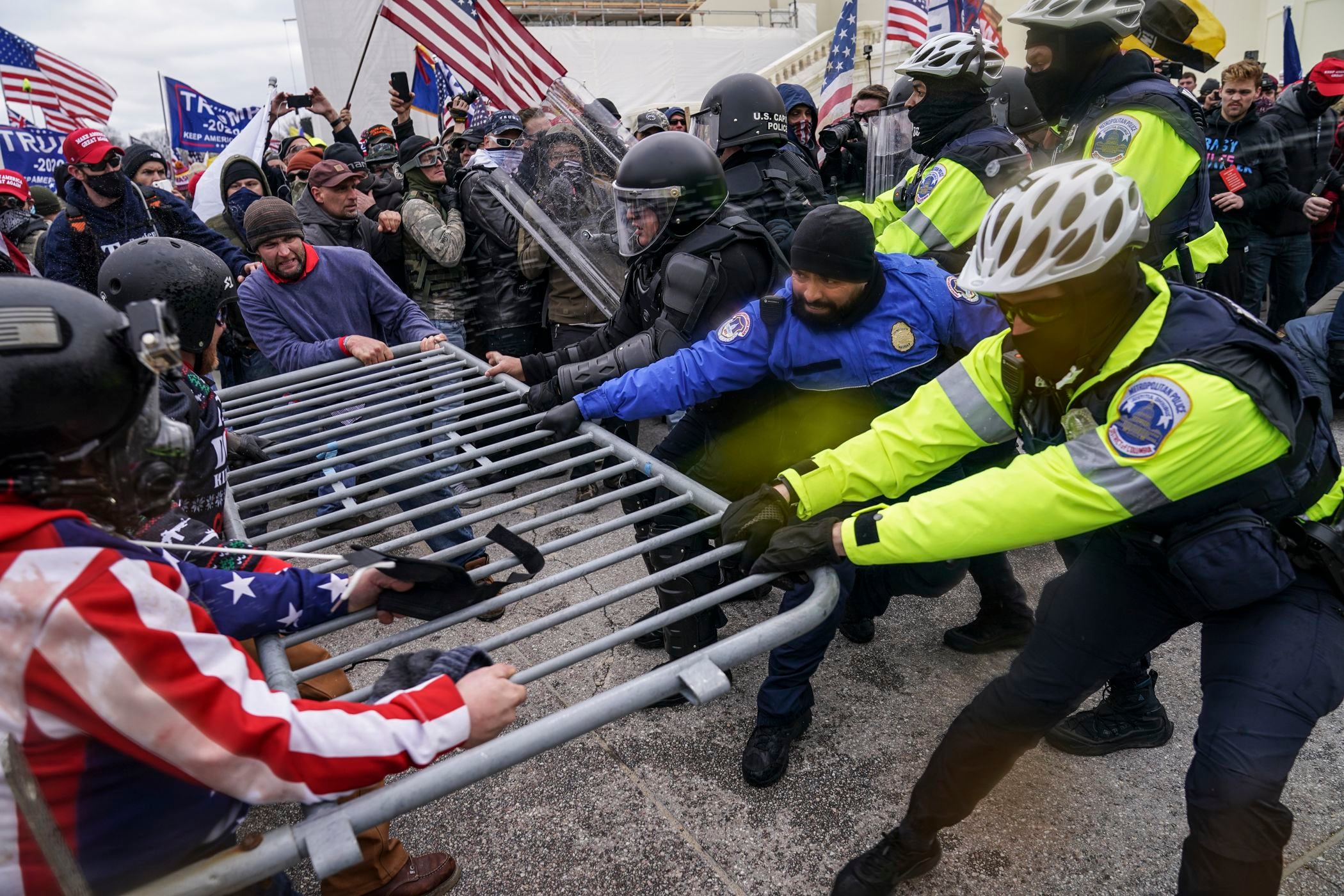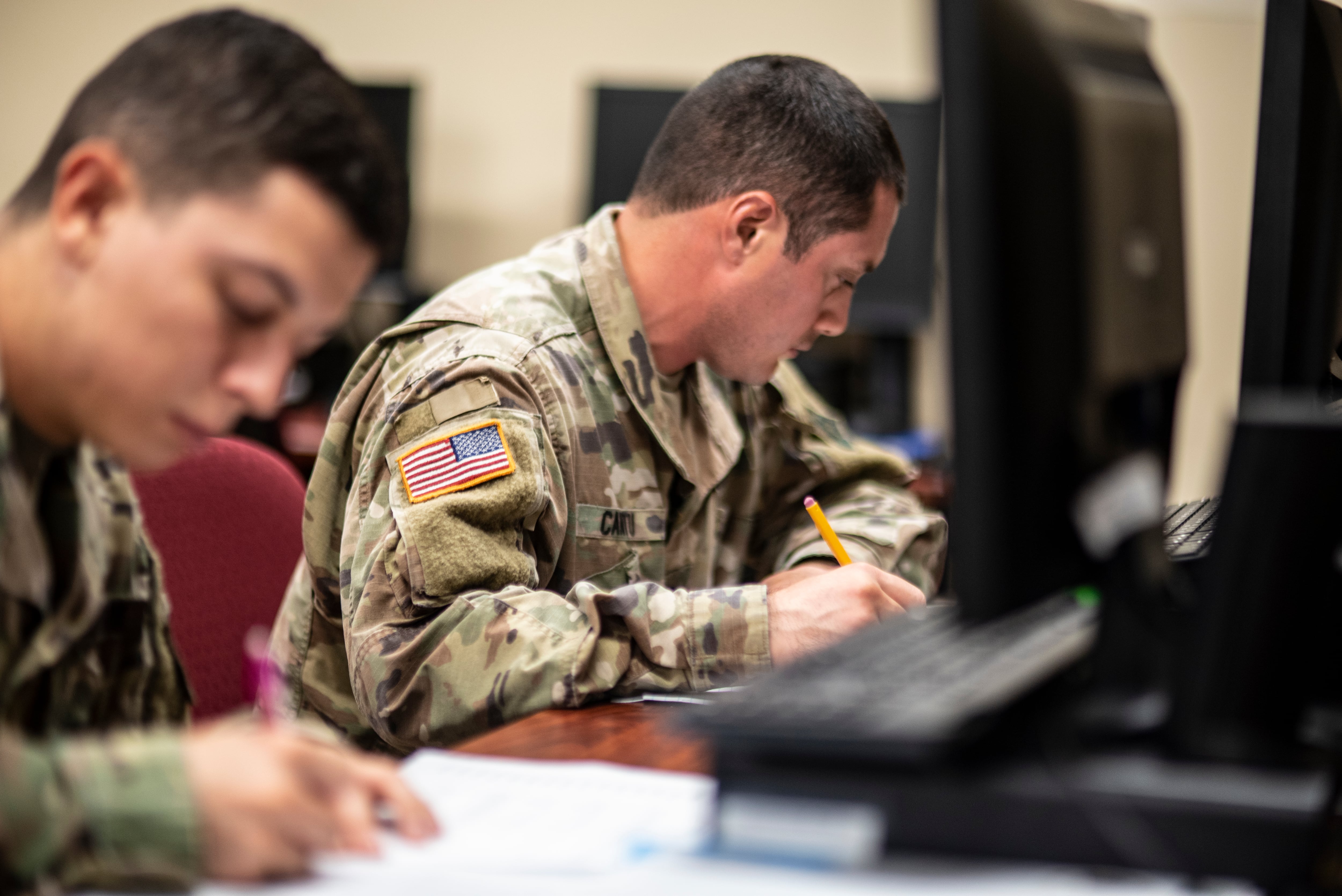UNITED NATIONS — Technology allowing a pre-programmed robot to shoot to kill, or a tank to fire at a target with no human involvement, is only years away, experts say. A new report called Monday for a ban on such "killer robots."
The report by Human Rights Watch and the Harvard Law School International Human Rights Clinic was released as the United Nations kicked off a week-long meeting on such weapons in Geneva.
The report calls for humans to remain in control over all weapons systems at a time of rapid technological advances. It says that requiring humans to remain in control of critical functions during combat, including the selection of targets, saves lives and ensures that fighters comply with international law.
"Machines have long served as instruments of war, but historically humans have directed how they are used," said Bonnie Docherty, senior arms division researcher at Human Rights Watch, in a statement. "Now there is a real threat that humans would relinquish their control and delegate life-and-death decisions to machines."
Some have argued in favor of robots on the battlefield, saying their use could save lives.
But last year, more than 1,000 technology and robotics experts — including scientist Stephen Hawking, Tesla Motors CEO Elon Musk and Apple co-founder Steve Wozniak — warned that such weapons could be developed within years, not decades.
In an open letter, they argued that if any major military power pushes ahead with development of autonomous weapons, "a global arms race is virtually inevitable, and the endpoint of this technological trajectory is obvious: autonomous weapons will become the Kalashnikovs of tomorrow."
According to the London-based organization Campaign to Stop Killer Robots, the United States, China, Israel, South Korea, Russia, and Britain are moving toward systems that would give machines greater combat autonomy. Human Rights Watch is a co-founder of the organization.
The U.N. meeting of experts on the issue, chaired by Germany, continues talks that took place in April 2015 and May 2014.





